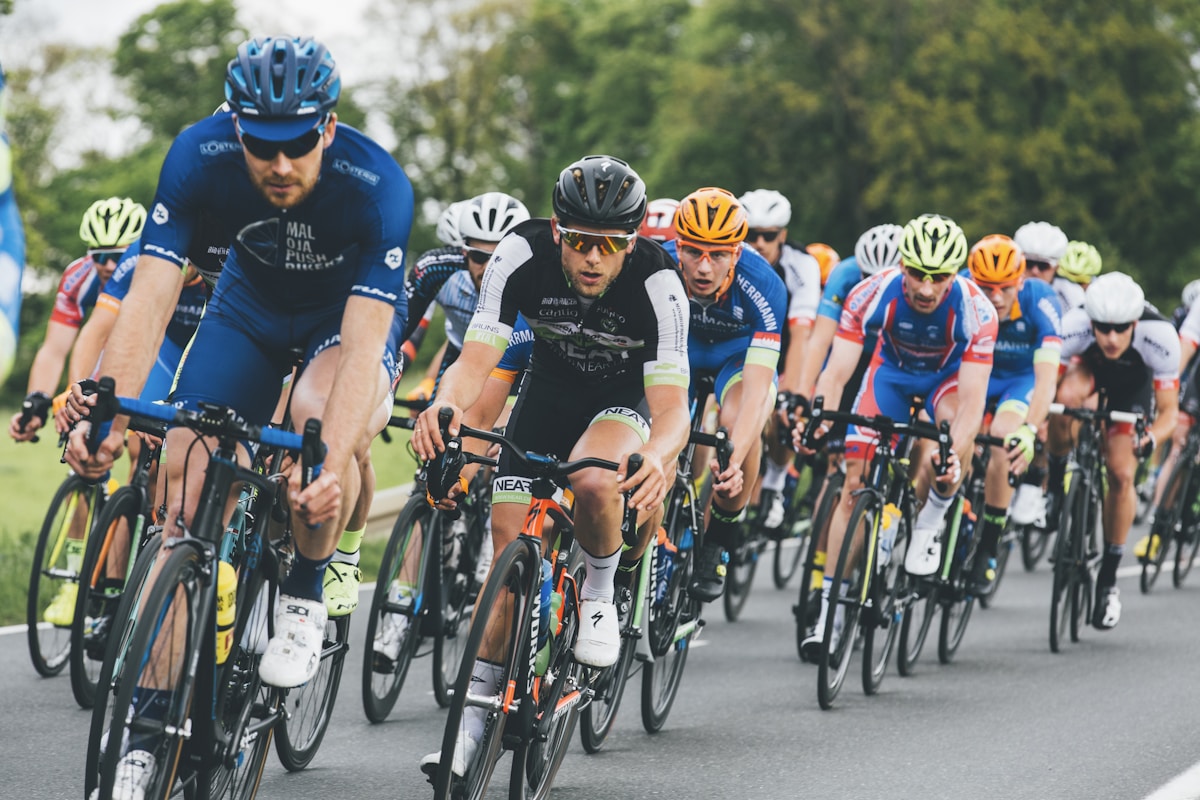Finding a GPS Tracker for Your Bike
Had my bike stolen twice before I got serious about tracking. First time, filed a police report that went nowhere. Second time, same story. After replacing that second bike, I bought a tracker before I even bought a proper lock upgrade. Probably should have led with that, honestly.

How Trackers Work
Most bike GPS trackers use cellular networks to report location. They contain a SIM card and send coordinates to an app on your phone. Some use Bluetooth only, which limits range but avoids subscription fees. The cellular ones work anywhere with signal. The Bluetooth ones only work when you’re nearby.
What I Learned Shopping for One
The market splits into two camps: dedicated cycling units and general-purpose trackers. Garmin and Wahoo make cycling computers with built-in tracking, but these are designed to be visible and removed when you park. Purpose-built anti-theft trackers hide inside the frame or under the seat.
Garmin Edge series: Great for navigation and training data. The LiveTrack feature lets friends and family follow your ride. Not primarily for theft prevention since it mounts prominently on your bars.
Wahoo ELEMNT: Similar story. Excellent cycling computer with companion app. The live tracking is useful for letting someone know your route. Thieves would just remove it along with the bike.
Apple AirTag: Not GPS, but popular for bikes. Uses Apple’s Find My network and other iPhones to relay location. Works surprisingly well in urban areas. Less reliable in rural spots.
Tile: Similar concept to AirTag but for Android users. Range depends on other Tile users nearby. Works for recovery but won’t track in real-time if there’s nobody else around.
Hidden Trackers
For actual theft prevention, hidden trackers make more sense. Some hide inside the steerer tube. Others replace a reflector or tuck under the saddle. The goal is to stay concealed even if a thief strips obvious accessories.
Brands like Invoxia and Sherlock make bike-specific hidden trackers. They’re designed to fit specific locations on standard bikes. Battery life varies from weeks to months depending on how often they ping.
The Subscription Question
Cellular trackers require service plans. Usually a few dollars per month. Factor this into the total cost. A cheap tracker with expensive monthly fees adds up. Some offer yearly plans that work out cheaper.
Bluetooth-only options like AirTag and Tile avoid subscriptions. The trade-off is less reliable tracking in remote areas.
Setting Up Alerts
Most tracker apps let you set geofencing alerts. Draw a zone around your workplace or home. If the bike moves outside that zone, you get a notification. Useful for catching theft early when the bike is still close.
Some people set alerts for movement, not just location. The bike moves at all while you’re away? Ping. Good for paranoid types. I’m apparently one of them.
Recovery Realities
Having a tracker improves your odds of recovery. Whether police will actually help chase down a blinking dot on your phone varies by jurisdiction. Some departments have recovered bikes using tracker data. Others won’t engage unless you’ve already located it yourself.
Know your local situation before assuming a tracker means guaranteed recovery. It’s a tool, not a guarantee.
Battery Life Matters
Trackers that ping constantly drain batteries faster. Some let you adjust ping frequency. Once per hour saves battery but gives thieves time to move between pings. Once per minute drains faster but tracks closely.
Solar-powered options exist for daily riders. If the bike lives outside, solar charging keeps things running indefinitely.
My Setup
AirTag in the steerer tube. Works in my urban area where there are always iPhones nearby. Cheap to replace if it dies. No monthly fee. Tested it by having a friend ride the bike around the city while I tracked from home. Worked well enough for peace of mind.
Recommended Cycling Gear
Garmin Edge 1040 GPS Bike Computer – $549.00
Premium GPS with advanced navigation.
Park Tool Bicycle Repair Stand – $259.95
Professional-grade home mechanic stand.
As an Amazon Associate, we earn from qualifying purchases.


